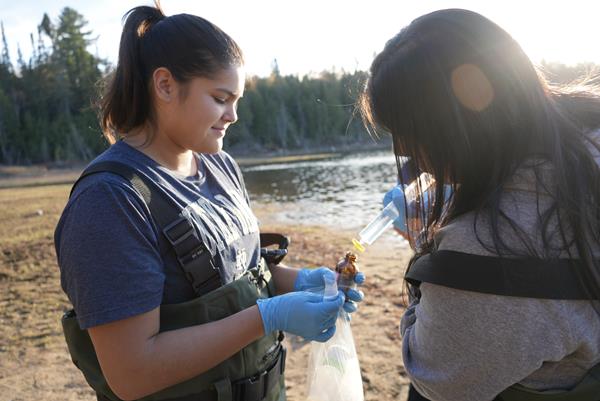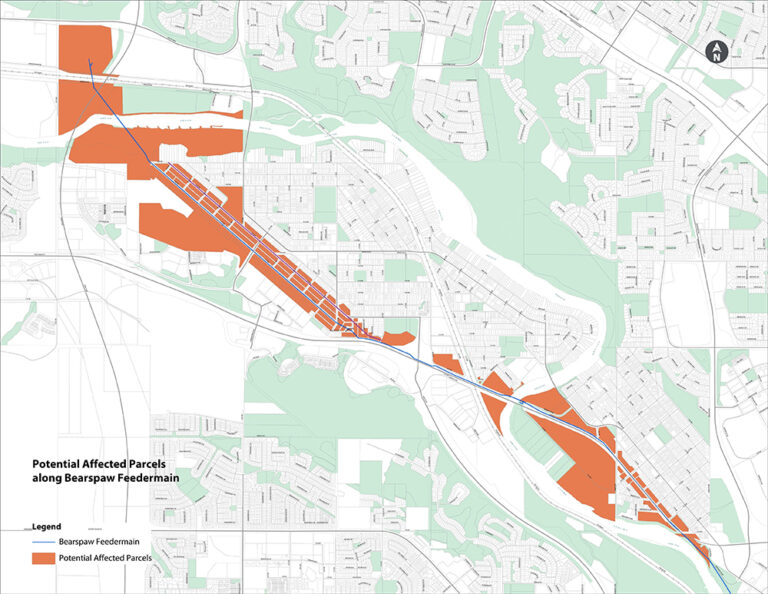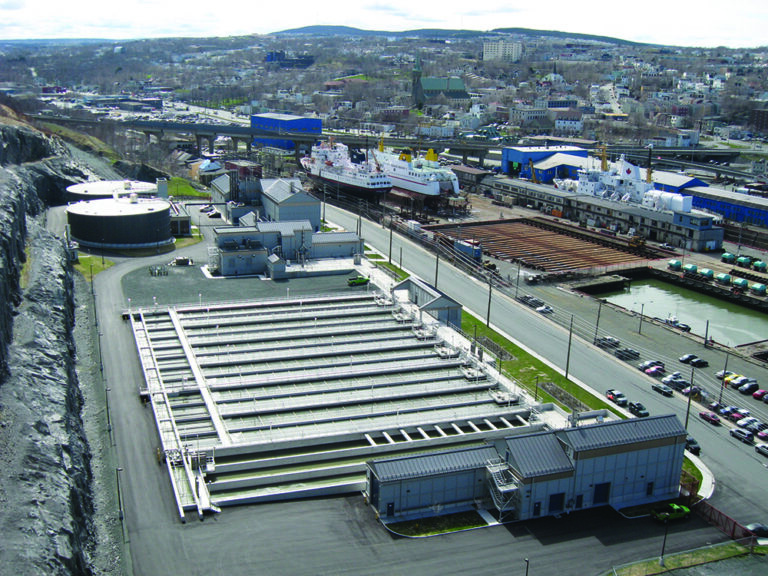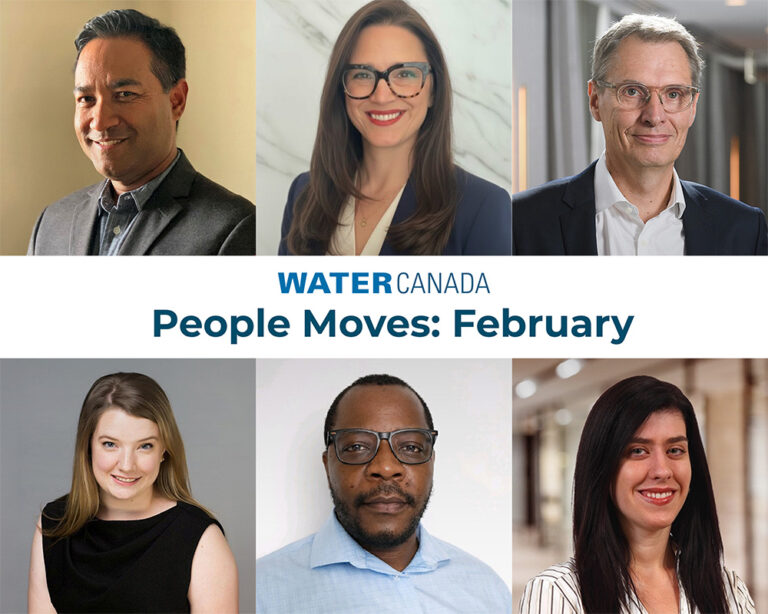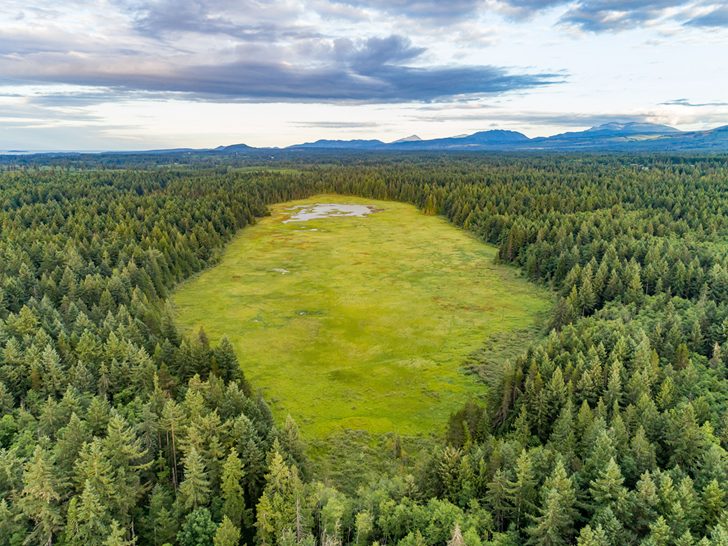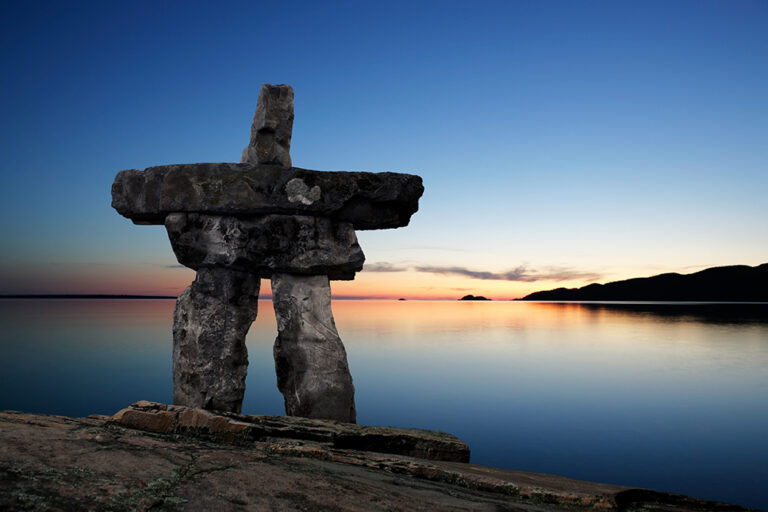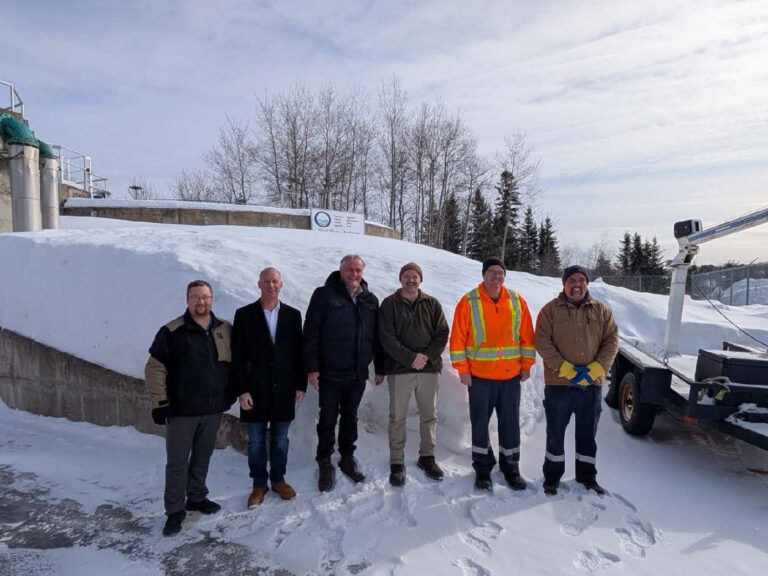The first cohort of the Environmental Water Internship, an initiative designed to build Indigenous capacity in water and resource management, has officially graduated.
Launched in July 2024 by Water First Education and Training Inc. in partnership with Mamaweswen, the North Shore Tribal Council (NSTC), the 15-month program provides hands-on technical training in water quality, fish conservation and environmental data collection. Developed through community consultation, the internship focuses on addressing the local impacts of industrial development and climate change while supporting long-term water stewardship.
For Alexandra Nolan of Garden River First Nation, one of the six graduates, the program offered a meaningful blend of scientific principles and Indigenous knowledge.
“One of my favourite things about the internship was being with other people striving for climate change solutions and working together to solve environmental challenges while still having opportunities to incorporate the teachings passed down through generations into my work,” Nolan said.
Graduates and community members gathered at Laurentian Lodge in Elliott Lake to mark the occasion. Allan Moffatt, CEO of NSTC, called the milestone a major success.
“Mamaweswen is proud to have partnered with Water First in paving the way for this important initiative, which supports water stewardship and skills development in our communities,” Moffatt said. “We celebrate the achievements of our interns, who have worked hard and demonstrated dedication throughout this journey.”
John Millar, Executive Director and Founder of Water First, echoed the sentiment, emphasizing the value of collaboration.
“Our model is all about reciprocal learning and meaningful collaboration, and the community has been so generous with their support of the interns and the expertise of those in the Land and Resource office the entire way through,” he said.
The internship is accredited by the Environmental Careers Organization of Canada (ECO Canada), allowing graduates to earn nationally recognized certifications in water quality, environmental data and fish conservation—credentials that open doors to future careers in the environmental sector.
Graduates will also join the Water First Alumni Network, connecting them with mentorship, job opportunities and ongoing training. For Nolan, the experience has solidified her career goals.
Following the success of the pilot program, Water First plans to launch the next Environmental Water Internship in spring 2026.

